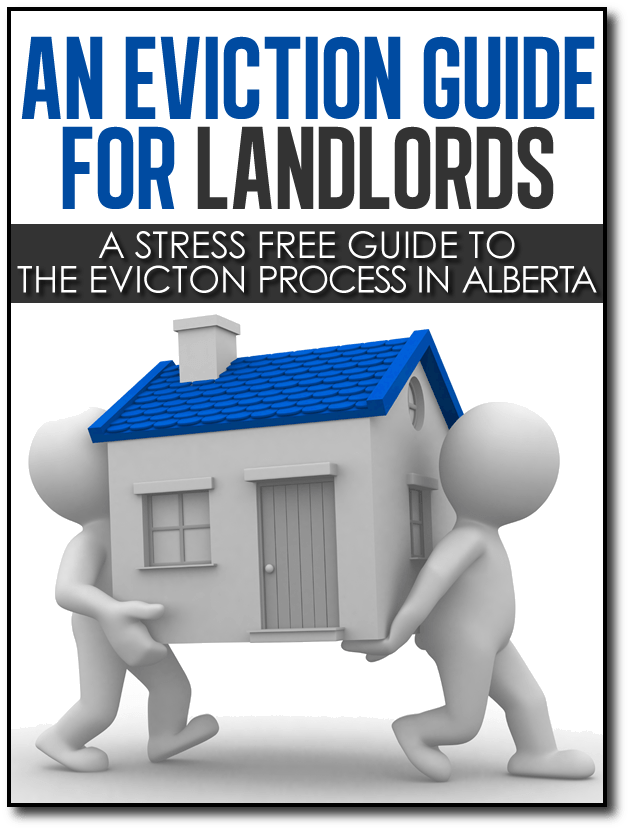 Thanks for all the great feedback and comments on my previous article about When Being a Landlord Sucks. I was thinking about calling this post “When Being an Investor Sucks”, but the jury is still out.
Thanks for all the great feedback and comments on my previous article about When Being a Landlord Sucks. I was thinking about calling this post “When Being an Investor Sucks”, but the jury is still out.
To set up the story, I’ll need to go back a bit. Although I have multiple properties I own and manage and have investors partnered with us, I am also a silent partner on a six unit townhouse complex in the Central Alberta Region.
This property was a piece of land with a house on in back in 2006 and we set up a partnership with another investor who was going to have the property on it demolished and then build a building with townhouses on the land. He was managing the build, bringing in another set of partners who would provide cash and financing and we supplied the land. A typical Joint Venture scenario.
Fast forward a couple years and the six unit building was finished in 2008. There were some cost over runs, which were to be expected, and the economy was under some pressure, but by building the property, a good chunk of equity was created. Everything looked good. Or so it seemed.
Part of our philosophy of being an investor and partnering with people is to provide updates on the properties, some type of annual, bi-annual or even quarterly reporting and generally being responsible. Perhaps Karen and I take it too far at times as we believe it is our responsibility to look after that money that has been put in our care and have paid out investors numerous times over the years who wanted out for whatever reason, all involving significant costs to ourselves.
Apparently, we are doing it wrong.
Since the building was finished in 2008, we have received a total of only one report on the status of the building and we had to send it back because it was wrong. The only reason we received the report was because I refused to pay the second cash call that came up until I had some sort of financial picture regarding the property.
Perhaps, because I know what we provide to investors, I am a bit more difficult to deal with as I have expectations. Not lofty expectations by any means, just the expectation that I should know what’s going on. Perhaps I am just being naïve?
Due to my rather lofty expectations, I have been painted numerous times by the partner who built the property and is “managing” it as being difficult and causing problems. I guess trying to understand what is happening with your investment is too much to expect.
There is a multitude of extraneous stories to go with this, but to fast forward to Monday night, I received an email from an RRSP investor on a totally unrelated property. Apparently, a Tax Recovery Notification was passed on to her about one of the units being behind in its taxes (so not only is the individual not reporting to us, but he also isn’t paying taxes, great).
Now I have a whole new set of issues. I have an investor who has been spooked unnecessarily by a lender. I have a lender denying any responsibility for what appears to be mixed up files and I still haven’t heard from the property mangler/partner on this project (no that wasn’t a typo).
There is another half dozen issues I could continue with, but it will just frustrate me more to go on, so I’ll wrap up with the point of all this. Do your due diligence on partners and make sure everything is written up in contracts with clear and precise steps laid out to allow people to exit and or to correct problems.
Investors Perspective – JV Partners
In this example, I made plenty of mistakes and I hope by writing about it, that it will help you avoid similar issues, or at least make you aware of what can occur. At this juncture, I am pretty biased about partners, I’m not sure if it shows….
If you are partnering with someone do your homework, talk to other people who invest with them. Get the real scoop on how the partner deals with correspondence, how they deal with paperwork and how they interact with other partners. Make sure you have a good idea of their character and don’t rely on hearsay. I don’t care if they are neighbours, golden boys or people you have dealt with prior, always do your homework, money really does change everything.
Finally, make sure you have your own legal representation. You need your own lawyer who is looking after your interests to review the documents before you sign, no matter how much time pressure there may be. I hate to say this, but it is becoming more and more apparent to me that so many people look after themselves first and worry about others later.



Hi Bill,
Thanks for this. Your blog is timely. I have a very similar situation although I haven’t entered into any joint venture with anyone yet. I have the land with an old building on it & I’m looking for someone to JV with to build 4 townhouses. People I have approached have said I would need to carry the financing on the build as well as the land in order for them to do the deal with me. I guess my deal is not that attractive or I need to keep looking for other partners. Thanks again.
Bil,
Great lesson to know your client before commencing any partnership. I would go further, though, to say that “knowing you client” is as ambiguous as “due diligence”. We all thought we did our “due diligence” before buying that last property in 2008 (apparently, you can see for miles at the top!), partnering on a no-money-down-deal during the boom (seemed like a good idea at the time…), and generally carrying out our business with all good intentions, irrespective, and even ignorant, to the whims of the ever changing economic climate.
Further, the people involved play a much bigger role than any economic catastrophe, I believe. People who work together can solve almost any dilemma, but even in good times, a bad partnership can, and usually does, go sideways. I don’t abhor partnerships, don’t get me wrong here, but a well established “Like, Trust, Respect” gut check can go a long way.
Thanks for posting your story, It will help others to think twice about their ‘due diligence’ before commencing their next partnership.